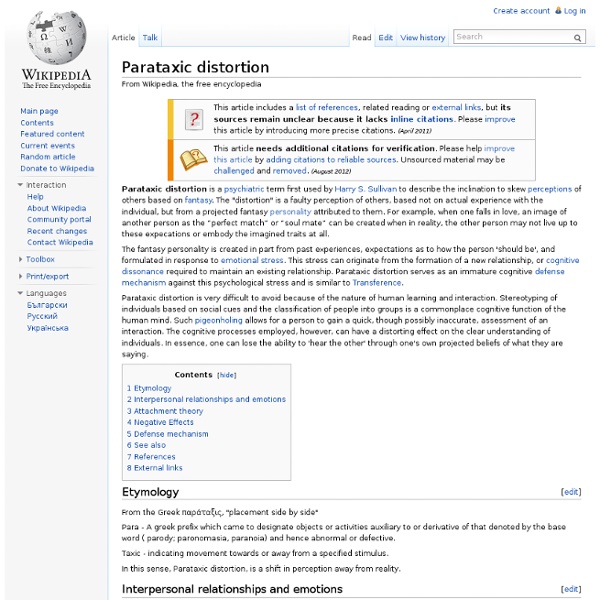Parataxic distortion

The psychology of the powerful
6 October 2012Last updated at 00:06 ET By Philippa Roxby Health reporter, BBC News Jokers can be a useful reminder of human fallibility World leaders are often accused of hubris, of wielding power in arrogant and self-serving ways. Leaders and managers in public life rarely escape criticism when they make unpopular decisions either. So are leaders losing touch with reality when they act in a power-hungry way? According to psychologist Guy Claxton, professor of learning sciences at the University of Winchester, their actions could be to do with "a disorder of intelligence". At a Royal Society of Medicine conference this week, entitled The Intoxication Of Power, Prof Claxton says that human intelligence is made up of four different mental systems working in harmony. When one of these systems is not used, the decision-making process can become unreliable and potentially dangerous. Continue reading the main story “Start Quote Politics can become dangerous. "None of these systems is infallible.
Related:
Related:



